Throughout history, pandemics have tested humanity’s resilience and adaptability. While each pandemic is unique, certain lessons repeat themselves. By understanding what went wrong and what worked in past pandemics, we can better prepare ourselves for future crises. Whether you’re living on a homestead or preparing for the next emergency as an urabnite, understanding what happened in the past informs how we can do better next time, and how we can best prepare.
1. Isolation Slows the Spread

One of the most effective methods of stopping pandemics is isolation. During the Black Death in the 14th century, entire towns quarantined themselves, and those that did saw much lower infection rates. When disease spreads through human contact, limiting interaction gives you a fighting chance. Self-sufficiency on a homestead helps make this isolation possible.
2. Proper Hygiene Saves Lives

In the 1918 Spanish flu pandemic, hygiene practices were far less advanced, leading to millions of unnecessary deaths. Today, we know that basic hygiene, like frequent hand washing and disinfecting surfaces, dramatically reduces transmission of viruses. Preppers know the importance of having a steady supply of soap, disinfectants, and clean water.
3. Stockpiling Supplies is Essential

From the Plague of Justinian to COVID-19, shortages of food and supplies have been a recurring issue. Without adequate resources, people panic, and systems collapse. By keeping a robust stockpile of non-perishable food, medical supplies, and essentials, you can avoid the chaos and stay secure during any prolonged crisis.
4. Nature Can Be Unforgiving
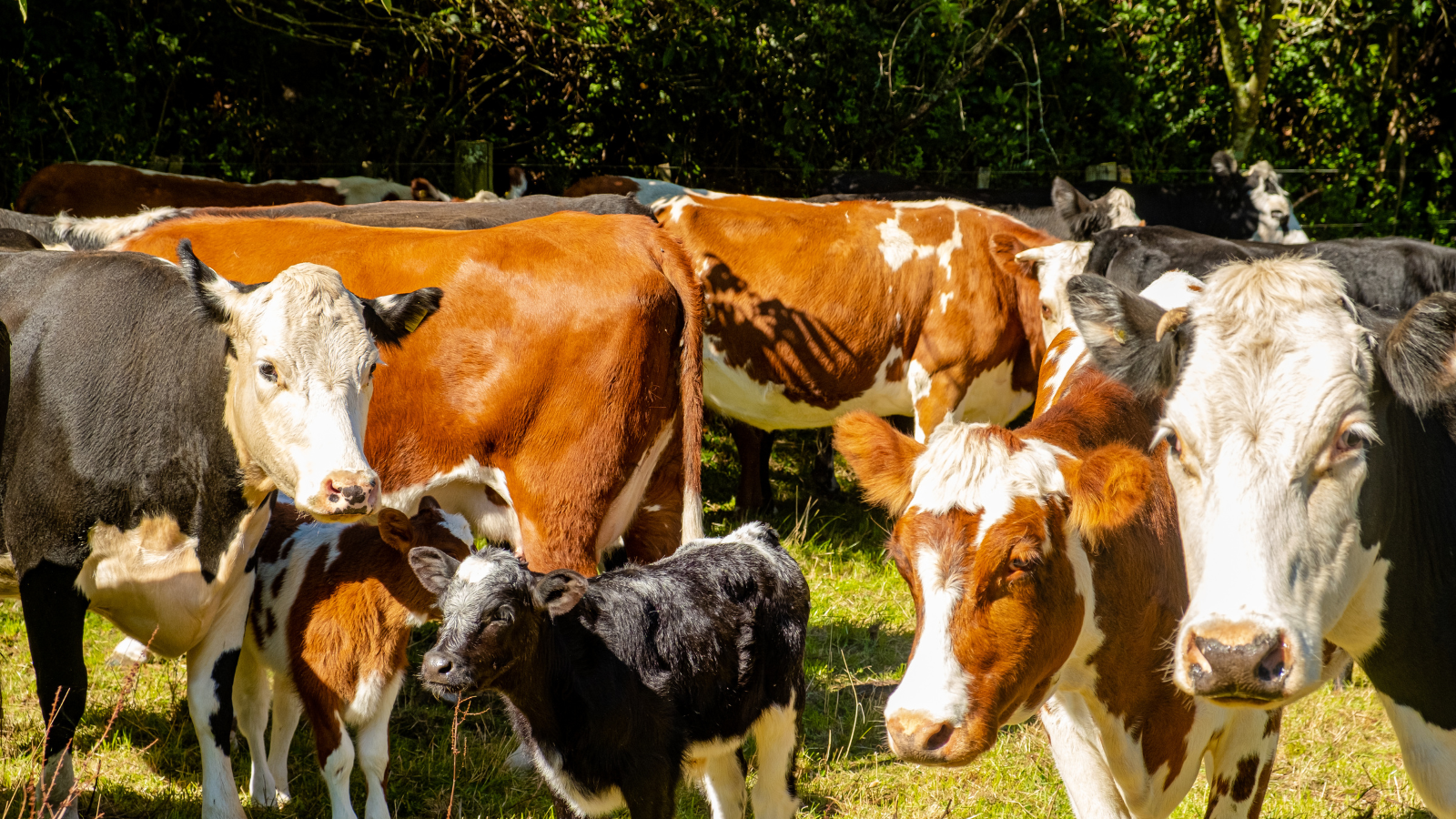
Pandemics remind us that nature is unpredictable and often brutal. Viruses and diseases have repeatedly come from animals, such as the flu strains from birds and swine. It’s a reminder to be cautious with livestock and wildlife interactions, practicing good biosecurity on farms and homesteads.
5. Local Networks Become Lifelines

During the 2003 SARS outbreak, local communities became essential for survival. When global supply chains fail, it’s your neighbors who will help you through. Building a network of trusted friends and like-minded individuals around your homestead can ensure access to critical resources and information when times get tough.
6. Governments Can Be Slow to Act

One recurring theme throughout pandemics is that governments often react too slowly. Whether it was the delayed response to HIV/AIDS or the early downplaying of COVID-19, relying solely on authorities can be risky. As a prepper, take control of your preparedness by staying informed and acting swiftly based on your own research.
7. Information Can Save – or Endanger – Lives

In the digital age, misinformation spreads just as fast as disease. During pandemics like COVID-19, misleading information caused confusion, fear, and poor decision-making. Always rely on trusted sources and cross-check information before making critical decisions.
8. Pandemics Don’t Just Affect Health

From the 2008 economic crash triggered by H1N1 fears to the economic devastation of COVID-19, pandemics hit more than just physical health. Jobs are lost, economies tank, and resources become scarce. Diversify your income streams and be prepared for disruptions that extend far beyond health crises.
9. Masks Make a Difference

Throughout history, face coverings have played a role in reducing the spread of disease. In the Spanish flu of 1918, masks were required in many cities. While not foolproof, they offer a layer of protection that can slow transmission, especially in crowded or enclosed spaces.
10. Know How to Grow Your Own Food
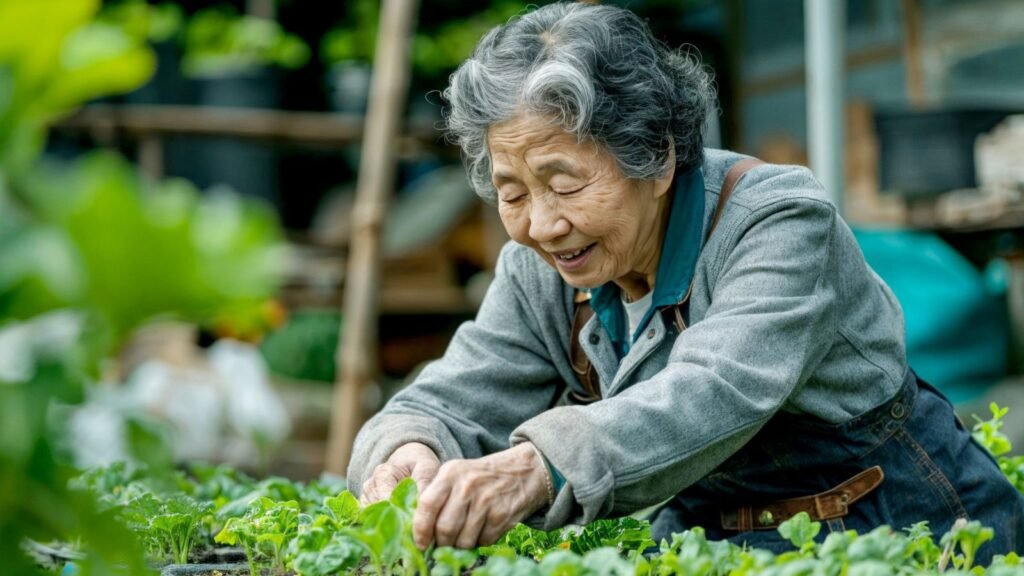
During WWII, governments encouraged “Victory Gardens” to help people sustain themselves. In pandemics, food shortages can occur, making it crucial to have the skills and resources to grow your own food. Even a small garden can provide sustenance during times of crisis.
11. Self-Sufficiency is Key
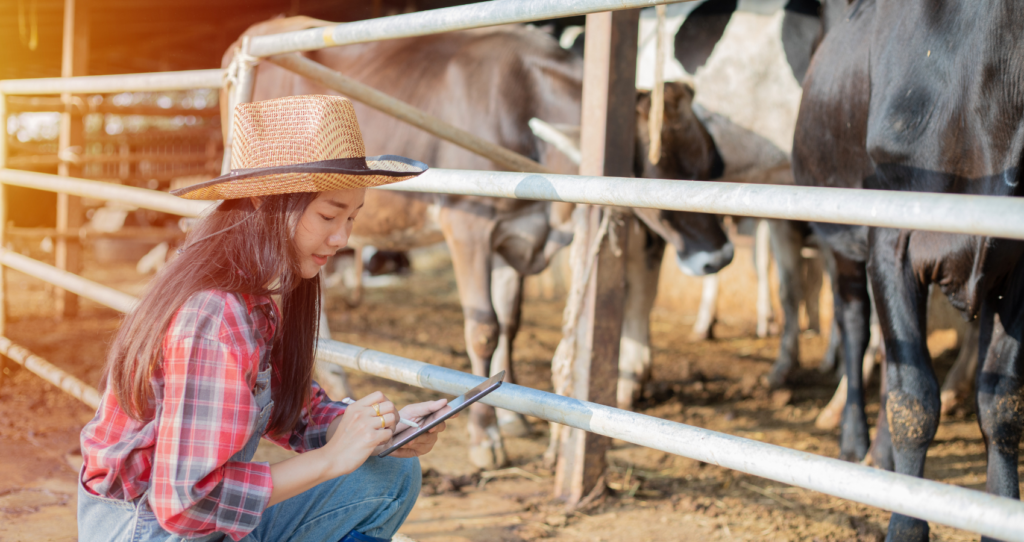
Pandemics often lead to supply chain disruptions, making it difficult to get necessary items. The more self-sufficient you are, the less you’ll have to rely on outside help. Homesteaders understand that from raising livestock to preserving food, having control over your resources is the ultimate safety net.
12. Mental Health Must Be Protected

Pandemics are mentally taxing. During COVID-19, anxiety, depression, and loneliness surged globally. Isolation, fear, and uncertainty can wear you down, so it’s important to have outlets for mental health care, like hobbies, physical activity, or trusted people to talk to.
13. Being Prepared Doesn’t Mean Being Afraid

There’s a difference between preparing and panicking. In the H1N1 pandemic, overreaction led to unnecessary stress and stockpiling of the wrong supplies. Stay calm, think critically, and remember that fear can lead to poor decisions. Focus on practical, well-researched preparation instead of emotional reactions.
14. Access to Clean Water is Critical

Pandemics often coincide with water shortages or contamination. Clean water is essential for drinking, cooking, and hygiene. Make sure you have a reliable water source or the means to purify water. In past pandemics, a lack of clean water made outbreaks worse and survival more difficult.
15. Animals Are Often the First Carriers
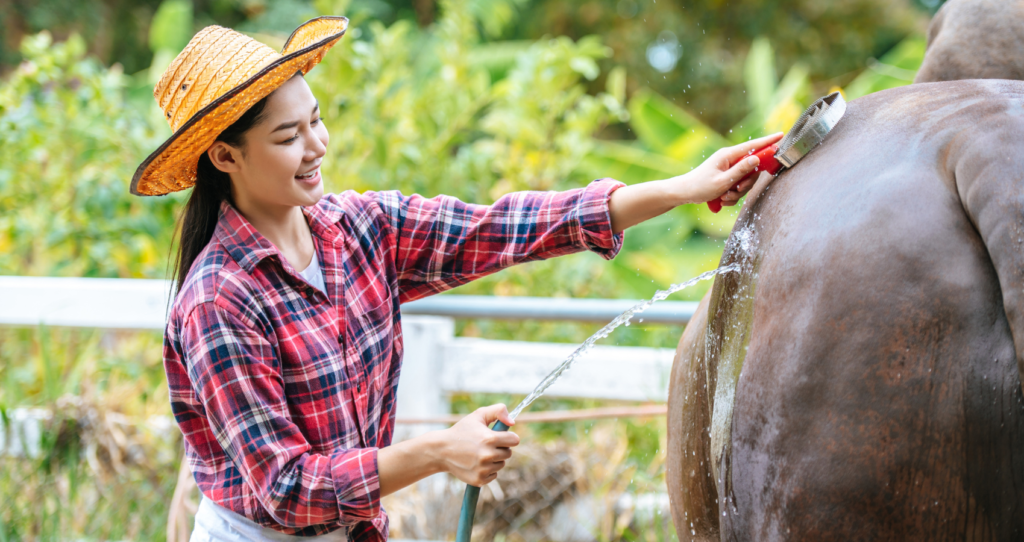
Zoonotic diseases—those that jump from animals to humans—are behind many pandemics, including Ebola and the 2009 swine flu. Preppers and homesteaders should monitor livestock and wild animal populations closely, keeping them separate and practicing proper sanitation to minimize risk.
16. Vaccines Are a Game-Changer

History has shown that vaccines can halt pandemics in their tracks. Smallpox was eradicated due to vaccines, and polio was largely eliminated. While not every disease has a vaccine, staying informed and making informed choices about vaccine options can be a critical component of your pandemic preparedness plan.
17. Be Ready to Adapt

The H1N1 pandemic of 2009 was a reminder that viruses mutate, and the situation can change quickly. In any pandemic, flexibility is key. Be prepared to adjust your strategies, whether that means changing your stockpiling plans or altering how you interact with others.
18. Community Solidarity Matters
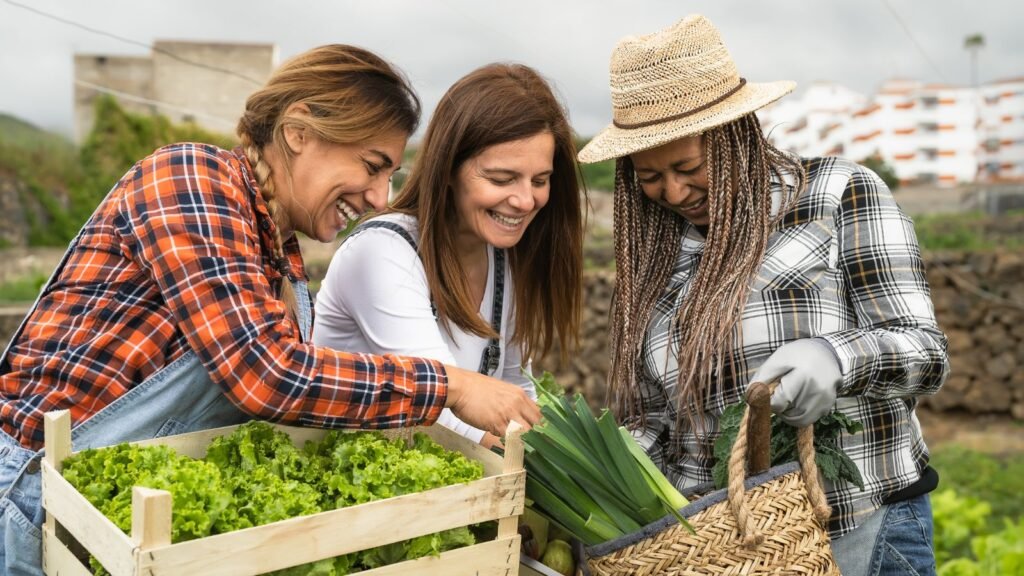
Throughout history, communities that worked together survived better than those that did not. In past pandemics, mutual aid societies and neighborly cooperation helped people share resources, care for the sick, and maintain morale. Fostering a sense of solidarity with those around you strengthens your survival chances.
19. Build Up Medical Knowledge

In many pandemics, professional medical care becomes inaccessible due to overcrowded hospitals or shortages of personnel. Knowing basic medical skills, like wound care, CPR, and how to use herbal remedies, can make a huge difference if medical professionals are overwhelmed.
20. Historical Patterns Repeat Themselves

From the cholera outbreaks in the 19th century to COVID-19, we see many of the same trends: panic, misinformation, slow governmental responses, and overrun healthcare systems. By studying these patterns, we can predict and prepare for future pandemics, using the past as a guide to navigate new challenges.
21. Pandemics Often Come in Waves
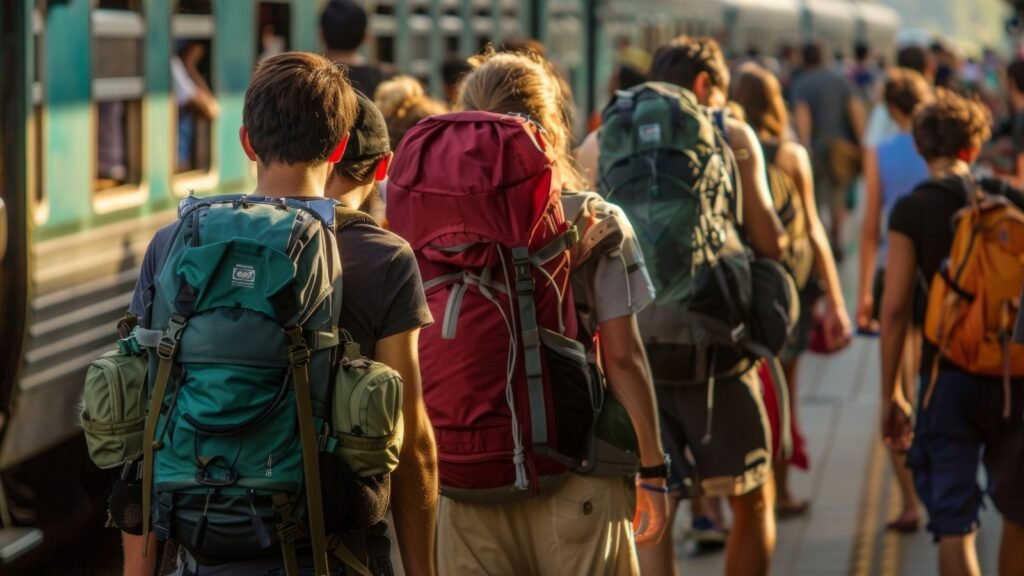
Many pandemics, such as the Spanish flu and COVID-19, didn’t just hit once but in multiple waves. The second or third waves can be just as deadly as the first. Always be prepared for the long haul and avoid complacency after the initial threat seems to pass.
22. Urban Areas are More Vulnerable
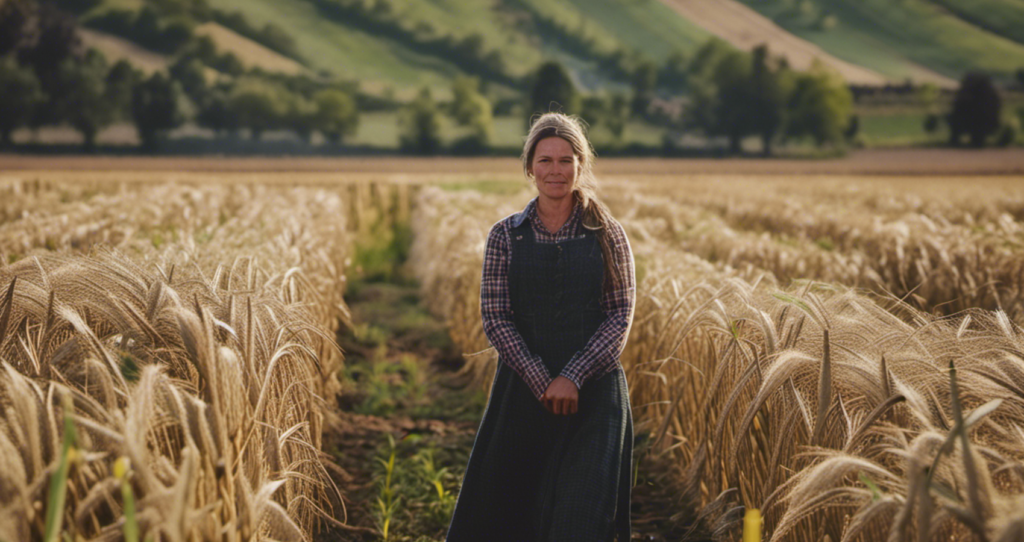
History shows us that pandemics tend to hit cities harder than rural areas. During the Black Death and the 1918 Spanish flu, urban centers became hotspots due to dense populations and limited ability to isolate. This highlights the importance of rural living or having a bug-out location if you’re in a city. Homesteaders already living in rural areas have a natural advantage in avoiding the worst outbreaks.
23. Innovation Often Thrives in Crisis

Pandemics, despite their devastation, have driven remarkable innovation. For example, the discovery of germ theory after cholera outbreaks revolutionized sanitation, while modern mRNA vaccines emerged quickly during COVID-19. Being adaptable and creative during a crisis can not only ensure survival but also lead to solutions that benefit future generations.
24. Supply Chain Resilience is Key
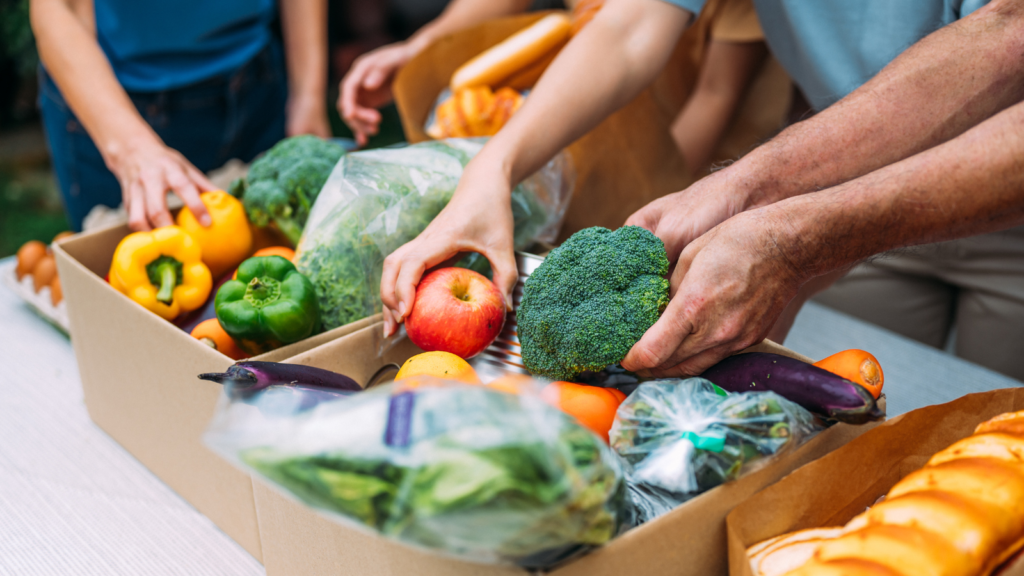
The COVID-19 pandemic exposed how fragile global supply chains really are. Shortages of everything from personal protective equipment to basic goods highlighted the risks of relying too heavily on global trade. As a prepper, focus on building local resilience and sourcing materials or products within your own community or homestead to reduce dependence on faraway suppliers.

